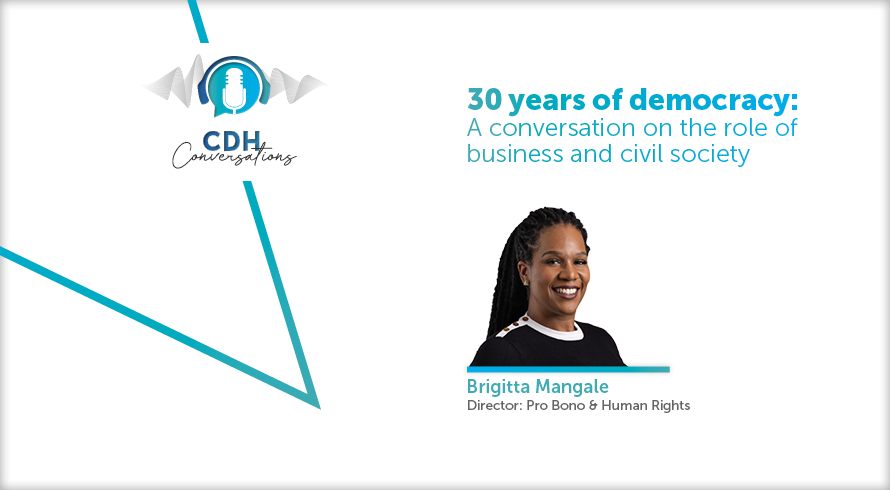The nature of disputes and the impact on strikes
In Mawethu Civils, employees were required to abide by a long-standing employment practice which required them to work five and a half additional hours the week preceding a public holiday, then receive paid leave for the day following the public holiday. The employees refused to work the additional hours and did not report for work on the day following the public holiday either. As a consequence of the employees’ refusal to work, the employer, applying the principle no work no pay, did not remunerate the employees for the day following the public holiday.
The employees referred a dispute to the Commission for Conciliation, Mediation and Arbitration (CCMA). The CCMA identified the dispute between the parties as one of mutual interest, declaring that it remained unresolved and recording that a strike could be proceeded with as the appropriate means for resolving the dispute. The employees accordingly embarked on a strike against which the employer sought to have interdicted by the Labour Court. The Labour Court granted an interim order. When the time came for a final order to be granted, the Labour Court refused to make such an order. It is on this basis that the employer approached the Labour Appeal Court.
The employer opposed the CCMA’s diagnosis of the dispute as an interest dispute on the basis that it arose from a contractual arrangement between the employer and the employees and accordingly, remains a dispute over which strike action would be prohibited under s65(1)(c) of the Labour Relations Act (LRA) which provides that “no person may take part in a strike or a lock-out or in any conduct in contemplation or furtherance of a strike or a lock-out if the issue in dispute is one that a party has the right to refer to arbitration or to the Labour Court in terms of this Act”. The employer, however, argued that s65(1)(c) should be interpreted to include disputes that may be referred to the Department of Labour or the Labour Court in terms of the Basic Conditions of Employment Act, No 75 of 1997 (BCEA) and as a result the employees were prohibited from striking. Recent amendments to the LRA now include a provision that s65(1)(c) includes disputes that a party has the right to refer to arbitration or the Labour Court in terms of the LRA or any other employment law, which includes the BCEA. However, at the time when the Mawethu Civils matter was argued, the amendments were not yet in effect.
The judge held that the issue in dispute involves an alleged unfair labour practice which could and should have been referred to the CCMA in terms of s191(1)(a) of the LRA. If and when conciliation failed, the employees would at that point have acquired the right to request that the matter be arbitrated in terms of s191(5)(iv) of the LRA.
The court confirmed that the issue in dispute was one which the employees had the right to refer to arbitration in terms of s191(5)(iv) of the LRA and thus the strike was indeed prohibited and unprotected with the result that the Labour Court should have confirmed the interim order and not discharged it.
This case reminds parties to an employment dispute to always critically assess the nature of the dispute as this assessment ultimately dictates the recourse available to an aggrieved party.
The information and material published on this website is provided for general purposes only and does not constitute legal advice. We make every effort to ensure that the content is updated regularly and to offer the most current and accurate information. Please consult one of our lawyers on any specific legal problem or matter. We accept no responsibility for any loss or damage, whether direct or consequential, which may arise from reliance on the information contained in these pages. Please refer to our full terms and conditions. Copyright © 2024 Cliffe Dekker Hofmeyr. All rights reserved. For permission to reproduce an article or publication, please contact us cliffedekkerhofmeyr@cdhlegal.com.
Subscribe
We support our clients’ strategic and operational needs by offering innovative, integrated and high quality thought leadership. To stay up to date on the latest legal developments that may potentially impact your business, subscribe to our alerts, seminar and webinar invitations.
Subscribe




